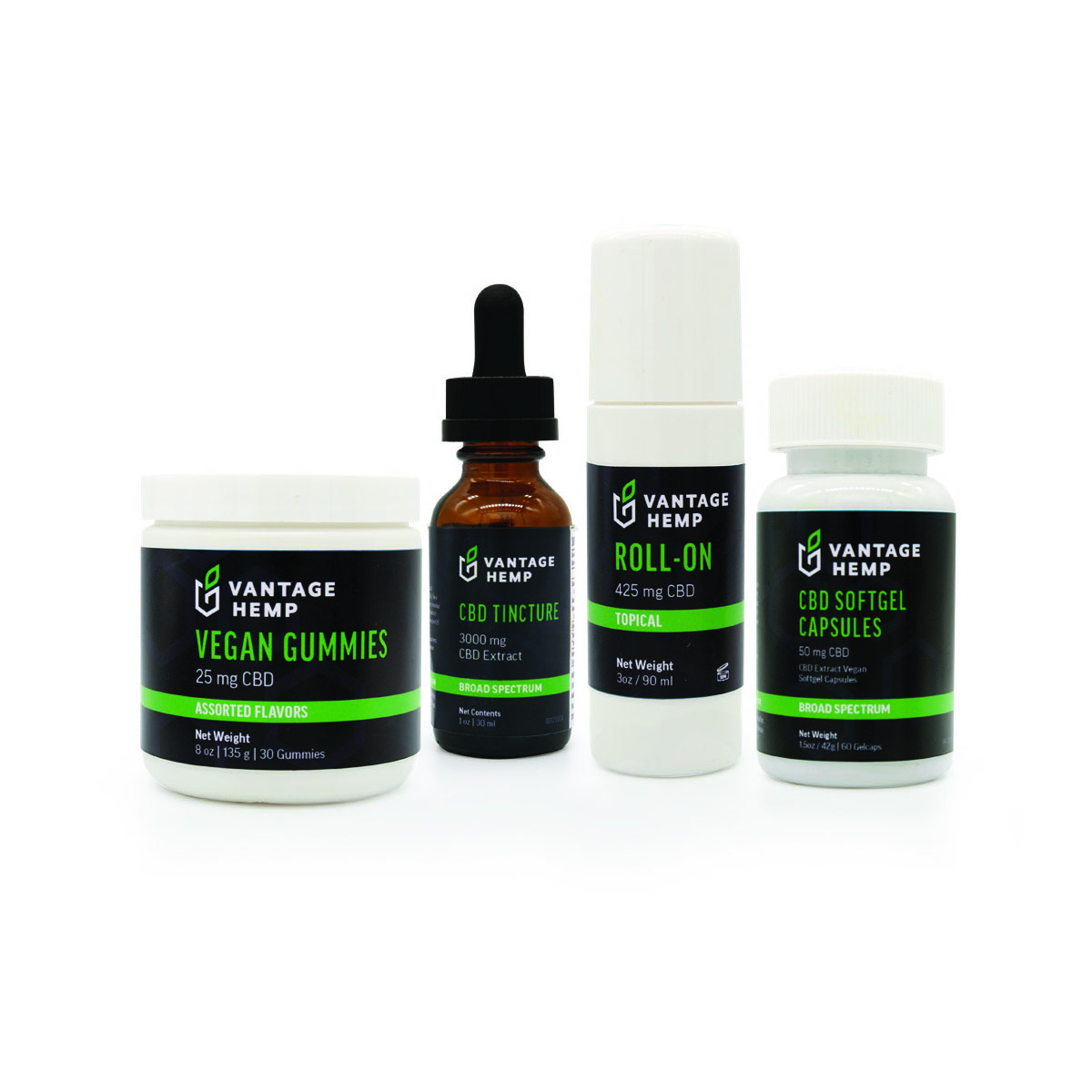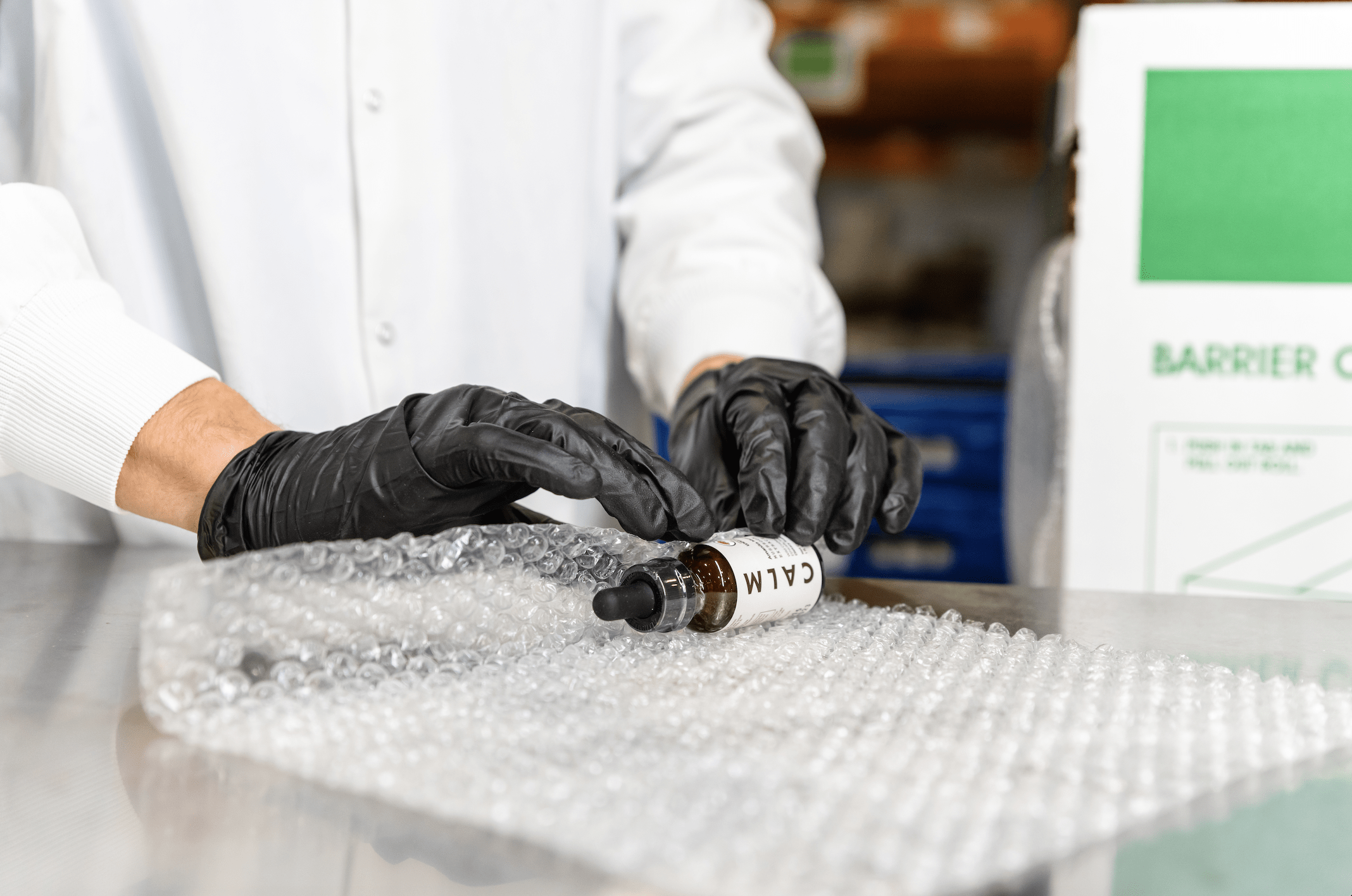- food ingredients with a new or intentionally modified primary molecular structure
- micro-organisms, fungi, algae or cell culture
- plants or animals
- food produced by new production process that significantly changes the product nutritionally or in relation to the food safety risks
- minerals or engineered nano-materials
What Exactly is the Novel Food Act and Why Was it Created?
Novel foods are food products that do not have a significant history of being consumed. They can be considered: new foods, like phytosterols and phytostanols, which were added to butter substitutes to reduce cholesterol, traditional foods, like chia seeds which have been consumed for years in other parts of the world, and new processes, like when bread is treated with ultraviolet light to increase the level of vitamin D.
The Novel Food Act Legislation was created by the European Commission in response to the arrival of food products derived from GM crops (plants used in agriculture, whose DNA has been modified using genetic engineering methods). It is to ensure that foods entering the market are safe for the consumer and the environment. Before a novel food can be legally marketed in the UK, it is required to have a pre-market safety assessment and authorization. This applies to any food and food ingredient that has not significantly been used in the UK or EU for human consumption before May 1997.
The food must also be either:




